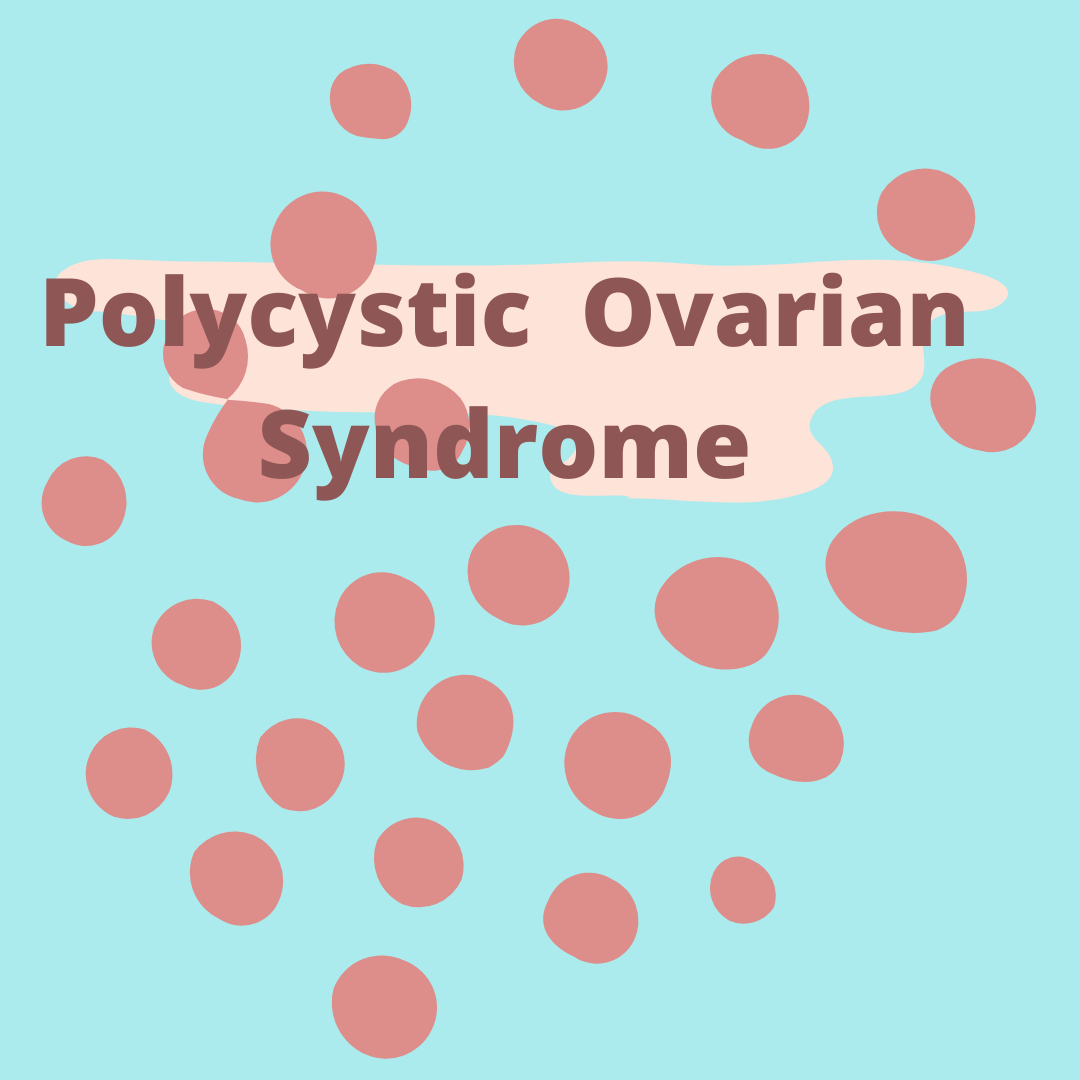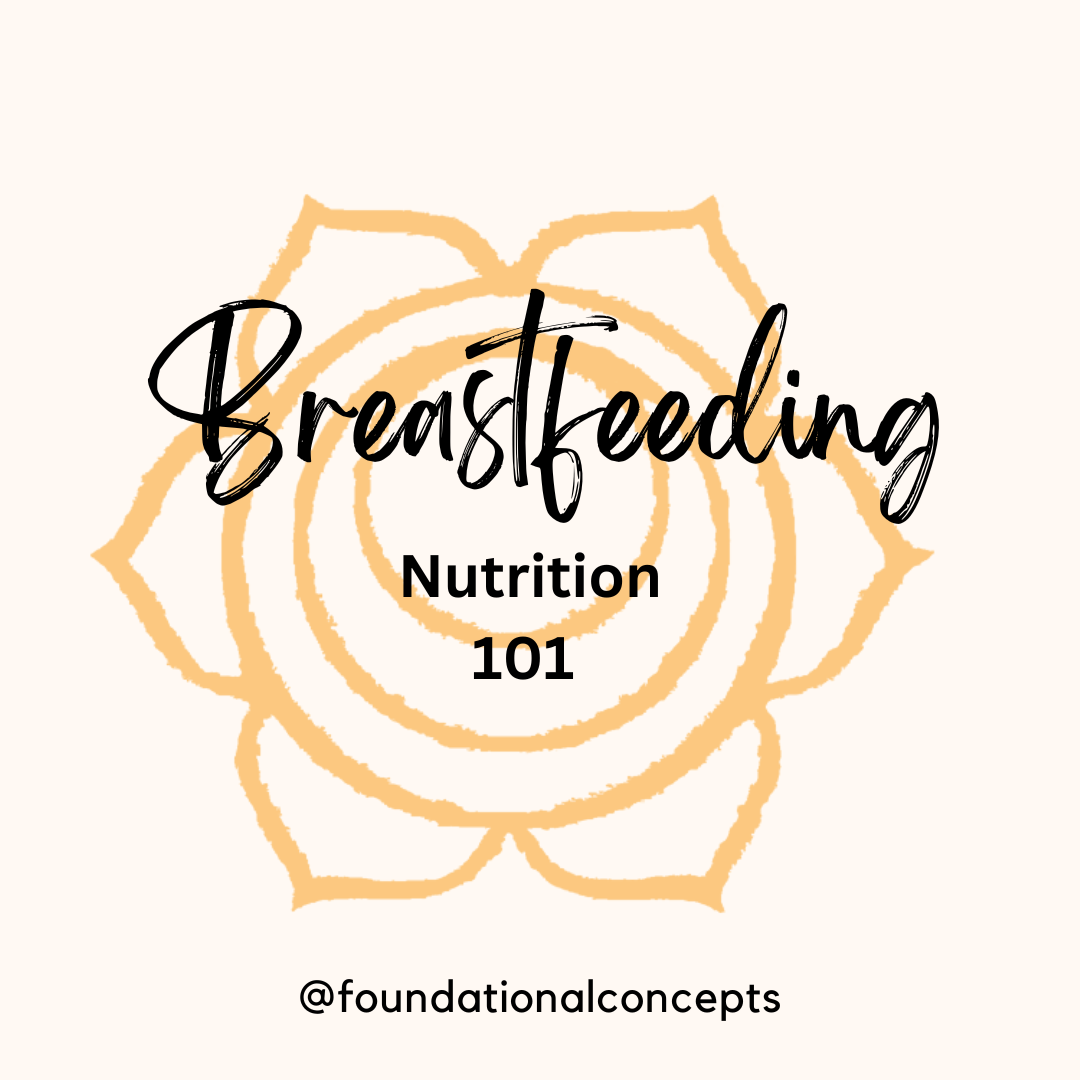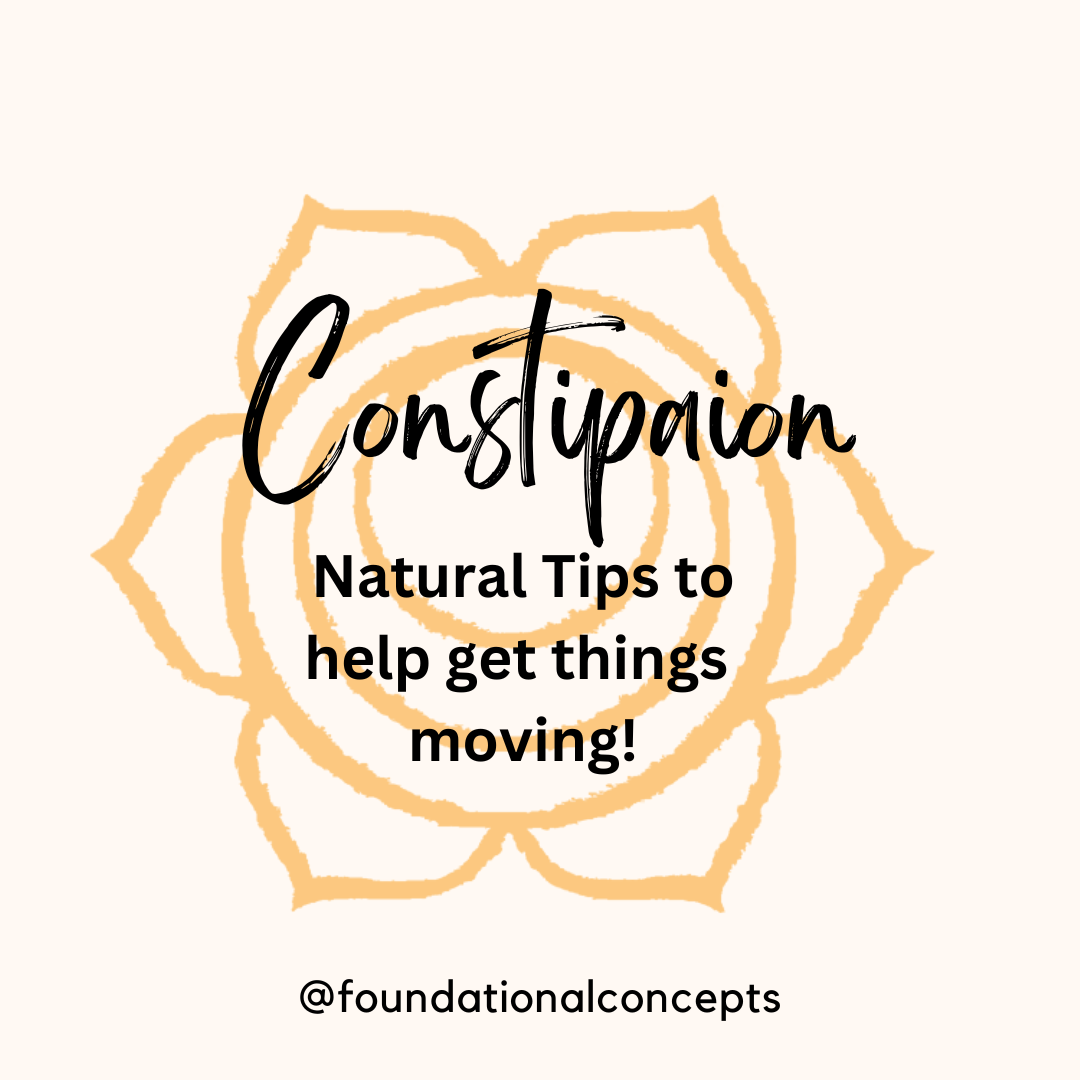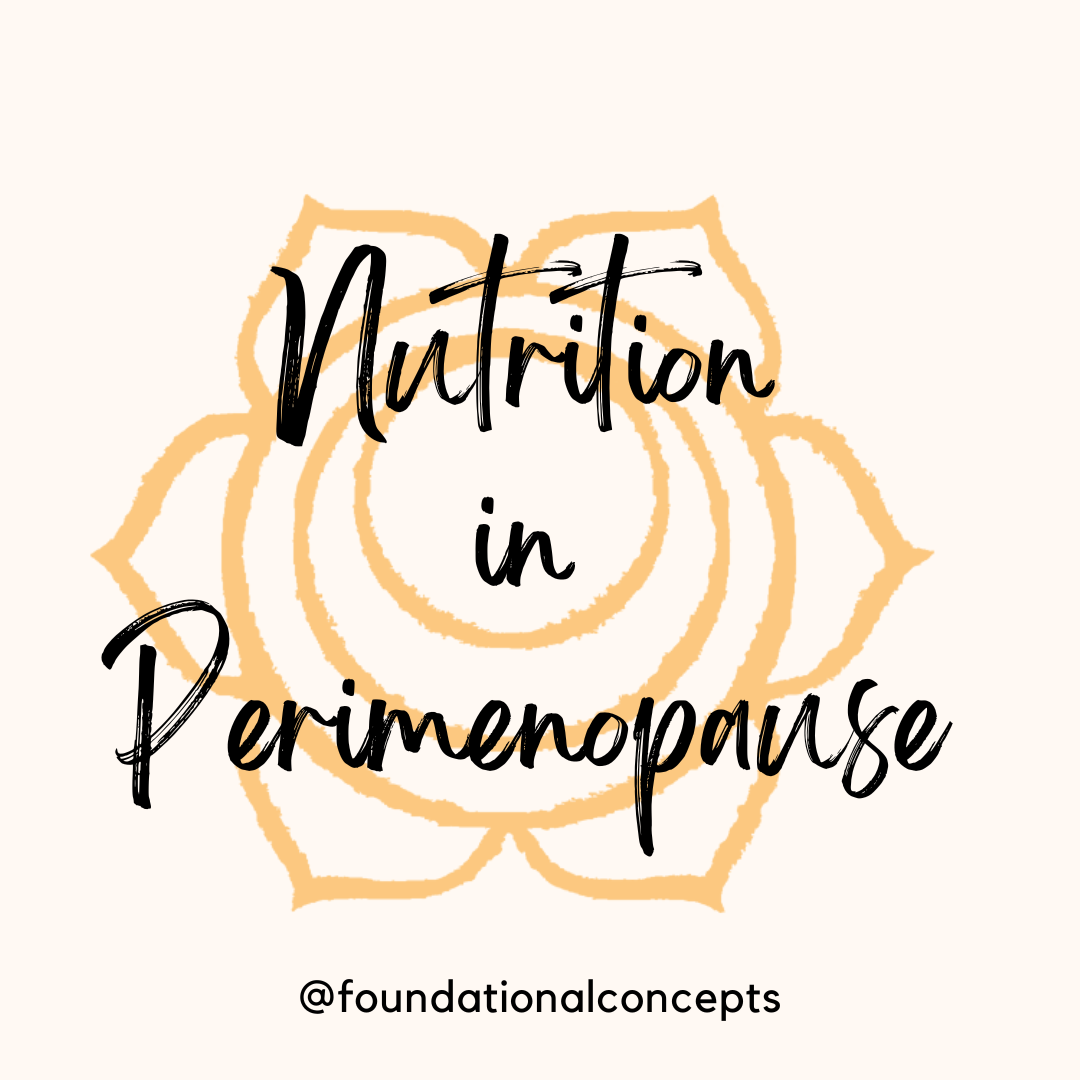Nutrition plays such an important role in our pregnancies and post-partum periods. Breastfeeding requires time…

What is Polycystic Ovarian Syndrome?
Polycystic ovary syndrome (PCOS) is an endocrine system disorder. PCOS presents with increased insulin and testosterone production. It is also associated with chronic, low-grade inflammation. Many women with PCOS will also have acne, obesity, fatigue, and insulin resistant diabetes.
What are the Signs/Symptoms?
Because of the changes in hormone levels, signs and symptoms of PCOS can include male pattern hair loss and male pattern hair growth on the face, chest, back, and inner thighs. Women may notice their voice may deepen as well. Most women with PCOS have abnormal periods or significant changes in their cycles. This typically presents as increased length of periods, very heavy periods, or no periods at all. They may also have difficulty getting pregnant or difficulty carrying a pregnancy past the first trimester.
How does it affect our muscles and connective tissues?
Patients with PCOS can experience low back pain, pelvic and sacral pain, and lower abdominal pain. This is a result of muscle guarding, connective tissue restrictions due to inflammation. Primarily the pelvic floor muscles and abdominal muscles and tissues are those most often affected. This can lead to pain with intercourse, pain with bowel movements and urinary frequency and urgency. Patients that experience pelvic floor symptoms can benefit from pelvic floor physical therapy to reduce pain and increased tone in pelvic floor muscles. If the pain is not treated, it can lead to cascading symptoms with increased bladder and bowel symptoms and painful intercourse. This can cause a vicious cycle of persistent pain that we have discussed in previous blogs.
How is PCOS managed?
There is currently not a cure for PCOS. Management of symptoms is the key to improved ability to do the things that are important to you. Considering the hormonal influence, it is important to have a physician who can look at hormone levels, but also look to what might be influencing those imbalances, and look to find ways to restore levels. Many environmental factors can cause hormonal imbalances. Click here for more on enviornmental toxins.
Surrounding yourself with a good team is important in the treatment of PCOS. Physical therapy can play a key role in the management of PCOS for helping the pelvic floor and surrounding muscles and connective tissues move and stretch with less pain. PT can also help to develop an appropriate exercise routine for decreased pain and weight management. We look at lifestyle factors like nutrition, environment, stress management, and physical activity to create a whole approach to healing. Other team members who can be very important are counselors and dieticians.
A physical therapist with experience with PCOS and chronic pelvic conditions can help you find a doctor, mental health provider and any alternative therapy providers that may be helpful to you. We offer a free 15 minute phone consultation to answer questions and make sure our practice is the right fit for you. Click here to schedule!
–Jenn Cumming, PT, MSPT, WCS, CLT



